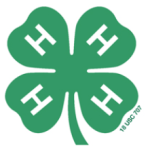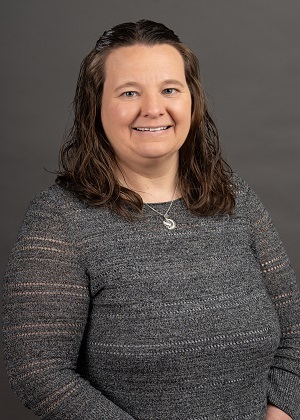4-H and Youth Development

4-H and Youth Development
The four H’s stand for Head, Heart, Hands and health, and signify the development of the whole person. 4-H is an informal, educational youth organization, and our county has a large and active program. You’ll be involved in year-round project work and club and county activities, local community service and learn valuable life skills through your 4-H participation.
Boys and girls in Kindergarten through grade 13 are eligible to join 4-H. Most clubs also offer a Cloverbud Project for Kindergarten through 2nd grade. Parents and adults are encouraged to be volunteer leaders.
4-H is open to anyone regardless of race, color, creed, religion, sex, national origin, disability, ancestry, age, sexual orientation, pregnancy, marital or parental status.
NO Farm? No Problem!
Some people hesitate to join 4-H because they don’t live on a farm. When 4-H started in the early 1900s most people lived on farms, so some of the most important life skills for young people to learn were related to animal and plant sciences.
Some 4-Hers still choose animal and plant projects, but you don’t have to have animals or live on a farm to a 4-H member or leader!
About 80% of 4-H members live in cities, villages, or in rural non-farm homes. In addition to the traditional animal projects, projects are offered in many other interest area from archery and shotgun, to Lego robotics, to basketry, to remote controlled cars, to the arts, and everything in between!
The 4-H Way: Experiential Education & Learning Partnerships
Nationally, 4-H offers 125 4-H projects in 8 different subject areas, but all 4-H projects have 5 things in common.
- First, since 4-H is a non-formal educational program that seeks to empower youth, 4-H projects are chosen by the young people who participate in them.
- Second, whatever the particular project, all 4-H activities are designed to teach life skills that can be used long after the project is finished.
- Third, the 4-“H”‘s stand for head, heart, hands, and health, emphasizing that the goal of 4-H is to educate the whole person. First
4-H Links
If you have any questions regarding 4-H Youth Development in Manitowoc County, please contact:

Katrina Pionek, Manitowoc County 4-H Educator, (920) 683-4172 or katrina.pionek@wisc.edu
Renee Maclaine, Manitowoc County Program Assistant, (920) 683-4167 or renee.maclaine@wisc.edu
UW-Extension, Manitowoc County
705 Viebahn Street, Hillside Hall, H122
Manitowoc, WI 54220
For communicative accommodations in languages other than English, please contact oaic@extension.wisc.edu. For communicative accommodations based on a disability, please contact Heather Lipinski Stelljes at: heather.stelljes@wisc.edu for the public.
Para asegurar un acceso igualitario a los programas educativos, haga el favor de solicitar adecuaciones razonables lo más pronto posible antes de la fecha del programa, servicio o actividad. Para pedir adecuaciones para la comunicación en un idioma distinto al inglés, favor de comunicarse con: oaic@extension.wisc.edu. Para personas del público que quiera pedir adecuaciones para la comunicación debido a una discapacidad, favor de comunicarse con: heather.stelljes@wisc.edu.
Xav thov kom ua txoj kev thov laj thawj thiaj li tau cov kev pab cuam ntxov li ntxov tau ua ntej rau li lub caij nyoog ntawm cov kev pab cuam, kev pab los yog dej num no. Rau kev sib tham pab cuam rau qhov lwm yam lus ntawm lus As Kiv (English), thov sau ntawv rau: oaic@extension.wisc.edu. Rau kev sib tham pab cuam rau kev puas cev xws li tes taw, thov sau ntawv rau: heather.stelljes@wisc.edu.




